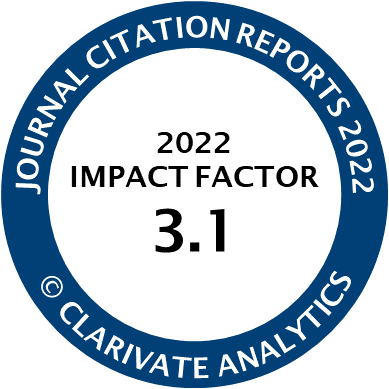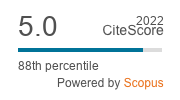Article | Open Access
Expanding and Embedding Digital Literacies: Transformative Agency in Education
| Views: | 4010 | | | Downloads: | 2639 |
Abstract: Socio-political, environmental, cultural, and digital changes require literacies that will be crucial for facing complex challenges. This article contributes to a notion of digital literacies as agentic and transformative and having epistemological implications. Although studies in digital literacies have examined diverse forms of understanding and relating to digitalization, we find that few studies have adopted a principled approach to transformative enactment of digital literacies. Our analytic focus is on how agents turn to digital (and other) resources when faced with problems in order to make them manageable. We conceptualize this notion of digital literacies by drawing on the Vygotskian principle of double stimulation. To demonstrate how agentic and transformative literacies appear in technology-rich learning environments, we make use of an empirical setting in which lower secondary school students and their teacher face a conundrum in a science project. We use this case as an empirical carrier of the conceptual and analytical framework employed. The analysis shows how the teacher enacts digital literacies in the design and orchestration of student activities in technology-rich learning environments where unforeseen issues occur, and how the collaborating students enact digital literacies by drawing on resources that enable them to resolve their insufficient understanding of a problem to reach insights that are shared with their peers.
Keywords: agency; digital literacies; double stimulation; education; transformation
Published:
© Andreas Lund, Anniken Furberg, Greta Björk Gudmundsdottir. This is an open access article distributed under the terms of the Creative Commons Attribution 4.0 license (http://creativecommons.org/licenses/by/4.0), which permits any use, distribution, and reproduction of the work without further permission provided the original author(s) and source are credited.




